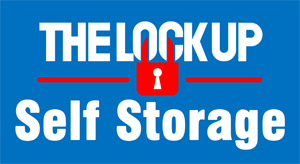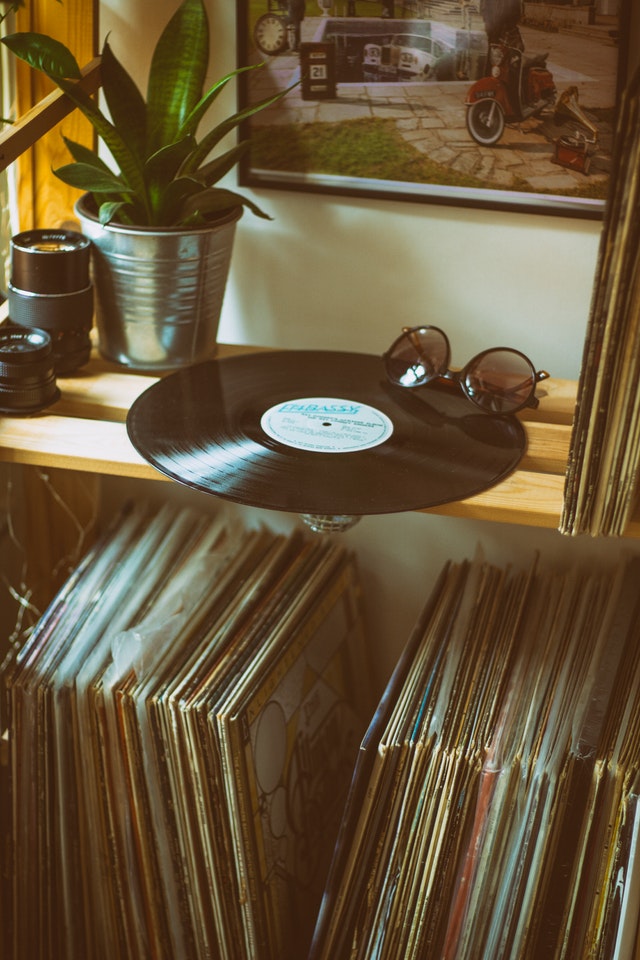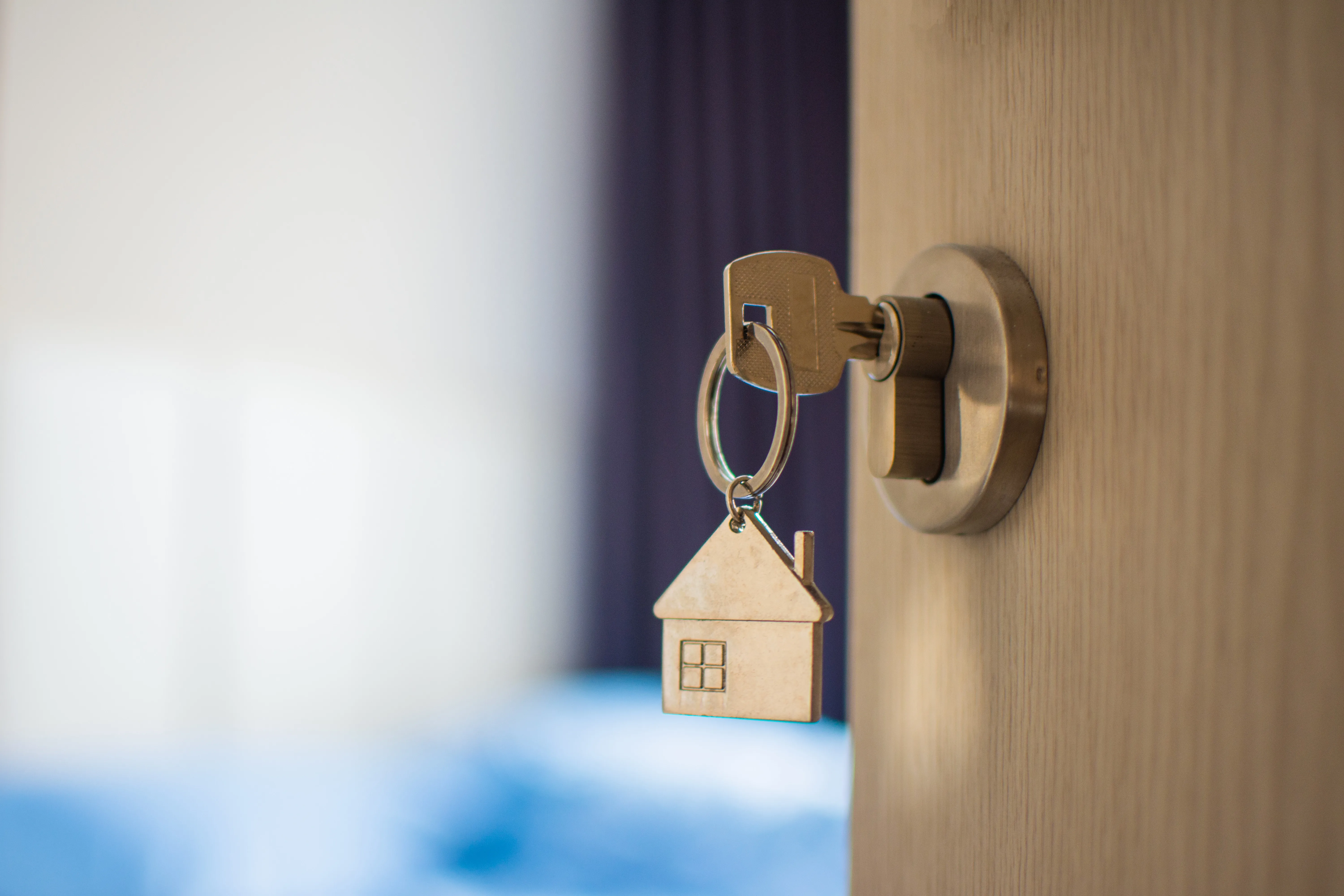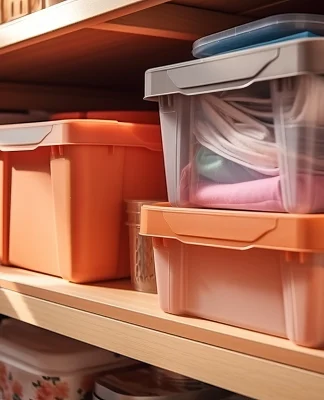 Believe it or not, there are still many people in the world that prefer the sound of music from a vinyl record rather than streamed on Spotify. There’s just something about the way music fills a room from a record that can’t be beat. It elicits nostalgia and a sense of pride as you hear the needle brush against the record—something that melts the stress away and puts a smile on your face. For this reason, and many more, it’s easy to become a vinyl collector. You’re drawn in and before one song is over, the way you listen to music is forever changed.
Believe it or not, there are still many people in the world that prefer the sound of music from a vinyl record rather than streamed on Spotify. There’s just something about the way music fills a room from a record that can’t be beat. It elicits nostalgia and a sense of pride as you hear the needle brush against the record—something that melts the stress away and puts a smile on your face. For this reason, and many more, it’s easy to become a vinyl collector. You’re drawn in and before one song is over, the way you listen to music is forever changed.
 Now, if you’re one of the people that would opt for vinyl over digital music any day of the week, you understand that there’s one major question that needs answered: where do all of my vinyl records go? Vinyl takes up 200% more room than digital music and with their fragility, needs a safe storage place. Plus, once people start playing vinyl music, they find it difficult to go back and their collection just keeps growing. Record stores have stuck around and become a fun, vintage stop-in for many, but for collectors they’re the perfect place to scour for new music. After hours spent flipping through the inventory, it’s easy to walk out of the store with 5, 10, or even 20 new records—but where will they all go?
Now, if you’re one of the people that would opt for vinyl over digital music any day of the week, you understand that there’s one major question that needs answered: where do all of my vinyl records go? Vinyl takes up 200% more room than digital music and with their fragility, needs a safe storage place. Plus, once people start playing vinyl music, they find it difficult to go back and their collection just keeps growing. Record stores have stuck around and become a fun, vintage stop-in for many, but for collectors they’re the perfect place to scour for new music. After hours spent flipping through the inventory, it’s easy to walk out of the store with 5, 10, or even 20 new records—but where will they all go?
Vinyl records are fragile and vulnerable to damage—especially in a house that has kids and pets running around. If you’re serious about your record collection, and want to continue enjoying them for years down the line, it’s time to learn how to properly store vinyl records. That’s why we’ve put together everything a vinyl collector needs to know about storing vinyl records.
Factors to Consider When Storing Records for Collectors
The first step in storing your vinyl collection involves understanding a few factors that impact the longevity and quality of records. Heat, light, humidity, pressure, and vibration all have an effect on how the quality of a record evolves over time. The more the exposure to these elements increases, the lower the quality of your record will be.
Heat – For most record collections, the optimal vinyl storage temperature is somewhere around 60 to 77°F. Keep your vinyl away from any vents, cooking appliances, or radiators.
60 to 77°F. Keep your vinyl away from any vents, cooking appliances, or radiators.
Light – Ultraviolet light can easily and quickly ruin a record. The less light your collection sees, the better. Minimize their exposure and always keep vinyl records in their sleeves.
 Humidity – The best environment for records is a relatively dry environment with roughly 40% humidity, no more. Humidity can warp records and should be avoided at all costs.
Humidity – The best environment for records is a relatively dry environment with roughly 40% humidity, no more. Humidity can warp records and should be avoided at all costs.
Pressure – Records should never be stacked on top of each other, they need to be stored vertically so that too much pressure never wears them down.
Vibration – For a number of reasons, vibrations damage records. Don’t store your collection close to speakers or other large electronics that give off strong vibrations.
Before every time you handle a vinyl record, you should wash your hands to remove excess oil that could damage the records.
How to Store Your Vinyl Collection
Now, some people have the space for storing their vinyl collection at home and that’s great! Put those albums on display. However, if you don’t have enough space to safely store your entire collection, or would rather keep them out of harms way, using a self storage unit is the perfect alternative. For both in-home storage and storage in a unit, the process will be very similar.
Records are fragile and easily affected by outside elements. That’s why – regardless of what step you’re at in this process – you always need to handle your records with care. Wash your hands before touching them and never hold a record by the ridges.
Opt for Polyethylene Liners
All records come with sleeves or jackets, but to store them with more protection, you should purchase extra sleeves for both inside and outside. Having a separate sleeve for the record and the case increases protection and is better for long-term storage solutions. You’ll take the record out, put it in an inner sleeve protector, place both inside of its main case, and then slip the main case inside an outer sleeve.
Just make sure to clean the records thoroughly before putting them in their jacket. Under no condition should you use your shirt for this step—you need a specific tool for cleaning records to avoid damaging them. Using a brush designed to clean records, gently wisp away any dust or debris. Then use a vinyl cleaning solution and a microfiber cloth. If you don’t already know how to do this, check out this article.
Use a Display Shelf or Storage Boxes
 Storing records requires a specific container—one that allows vertical storage with no outside pressure. We recommend a case or container specifically made to hold records, as this will ensure that they stay in pristine condition. If you want to store some at your house on display, use a cubby-type piece of furniture and line them up vertically, with enough space in between. Avoid storing things directly on top of your collection at all times. Remember, storing them stacked on top of each other will damage and warp the records.
Storing records requires a specific container—one that allows vertical storage with no outside pressure. We recommend a case or container specifically made to hold records, as this will ensure that they stay in pristine condition. If you want to store some at your house on display, use a cubby-type piece of furniture and line them up vertically, with enough space in between. Avoid storing things directly on top of your collection at all times. Remember, storing them stacked on top of each other will damage and warp the records.
Minimize Outside Elements
As we’ve mentioned, vinyl records are sensitive and need a few added layers of protection to stay in good condition. To help keep them in the best environment possible, it’s recommended to minimize outside elements as best as you can. As long as you’re not storing your record collection outside, this should be fine, but it’s still worth mentioning.
Make sure you reduce open-air exposure by always putting records back into their sleeves. You should also avoid direct sunlight and limit indirect sunlight on your vinyl records. Don’t store them in a room that gets tons of light as over time it could lead to warping, sound inconsistencies, and destruction. Finally, avoid extreme cold and extreme hot or humid weather. Both of which have the potential to ruin a perfectly good vinyl.
Can You Store Vinyl Records in the Garage?
Never store records in a garage or attic. With those things in mind, it makes sense why you should never store your record collection in a garage or an attic. These areas in a home tend to have unpredictable environments and aren’t well ventilated. If you have no other space than a garage or attic to store your records, invest in a self storage unit.
Create a Good Air Flow
Finally, you want to create a good airflow between the records to let them breathe. If you’re storing your vinyl records in your home, on display, you can do this by making sure that records have enough space in-between them when stored vertically. As long as they’re not crammed into a bookshelf, you should be fine. This helps keep them cool, dry, and protected from unintentional warping.
If you’re using a self storage unit, make sure there is good air circulation by stacking boxes on top of pallets or shelves rather than directly on the ground. You also need to make sure that the containers you use aren’t sealed together with tape or in an enclosed plastic box. If you seal your records up, the micro-climate inside of the box can cause unwanted damage. Use open-air crates or boxes with out lids to combat this problem.
Where to Safely Store Your Vinyl Collection
It doesn’t matter what genre of music you listen to, if it’s on vinyl chances are it sounds much better than a digital recording. If you want to keep enjoying your vinyl records for years to come, make sure you have a good storage plan in place. By following the tips and storage care items above, you’ll be in good hands. Moving your vinyl record collection to a self storage unit is the best way to ensure that they stay in pristine condition and out of harms way. The next step is finding a self storage unit you can trust, like the ones at The Lock Up Self Storage.
The Lock Up Self Storage has a number of self storage units ranging from small to large, so you can accommodate any size collection. Plus, all of our units are climate controlled to protect your records properly from temperature damage and keep them playing like new. The Lock Up has you covered and will keep things secure with our perimeter alarms, gated access, individual access codes, and CCT. With available access to your unit any time, day or night, you won’t be locked out from listening to your favorite song. As your record collection grows, so can your self storage unit. We have flexible leasing options that can be upgraded as time passes. To browse the available units in your area, visit us at www.thelockup.com today. Did you like our article on storing vinyl records for collectors? Let us know on social media.




















